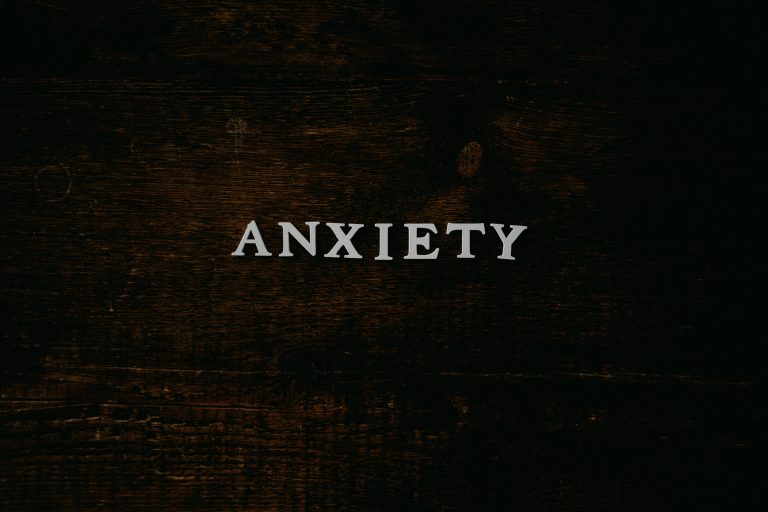ADHD: What It Is And What It Isn’t
Attention deficit hyperactivity disorder is a brain-based disorder that has to do with the control of different sets of functions and behaviors. The brain operates as the main functioning skill which houses the abilities to understand, pay attention, provide emotions, retain memory, and concentration. There are various contributing factors that play a role in these challenges including chemical differences, structural difficulties, and genetics.
As of today, around 11 million Americans have been diagnosed with ADHD. Since it’s a neuro-behavioral condition that often lasts throughout someone’s lifetime without treatment, two thirds or more adults also still deal with the symptoms they had as children. ADHD is found in both men and women, but it has been under-diagnosed and over-represented among males. Research suggests that this may be due to the fact that boys are more likely than girls to demonstrate hyperactivity during testing or behavior at school when compared with females who show similar symptoms of ADHD. This means we cannot rely on a simple ratio between male vs female cases as there have not enough studies conducted which clearly identify if ADHD occurs more frequently in either sex. The input does not provide much context for how many people actually suffer from attention deficit/hyperactive disorder nor what factors contribute most towards an accurate diagnosis; however, research shows us the high rate of misdiagnosis involving adults.
The diagnosis of ADHD is outlined by the American Psychological Association in the DSM-5. There are different subtypes, including combined type, which refers to symptoms from both categories (inattentive & hyperactive) occurring together. But, not every case of ADHD is exactly alike since there are many differences due to their unique brain profiles as well as individual experiences. While some people may have only moderately impairing attention difficulties without significant problems such impulsivity within others, it will be much more severe when other factors like anxiety play into this disorder.
People often use the term ADD and ADHD interchangeably. Although there is a difference between them, this current correct medical terminology for Attention Deficit/Hyperactivity Disorder may be confusing to some. Since ADHD was first recorded in medical research (the late 1700’s), it has gone by many names. In fact, at one time people referred to ADHD as “ Minimal Brain Dysfunction ” – thankfully times have changed! As the condition is better understood and researched, its name changes too; Many recall the term ADD and use this today out of familiarity. The most recent revision of the Diagnostic and Statistical Manual breaks Attention Deficit/Hyperactivity Disorder down into three subtypes: Predominant Inattentive Presentation (ADHD-PIP), Predominant Hyperactive (ADHD PH), and Combined Presentation. Although using “ADD” may in some cases refer to ADHD with an Inattentive presentation more specifically, it’s also just as often used a substitute for ADHD – which implies that if you don’t specify on a case-by-case basis whether they have hyperactivity or not then their attention deficit will be assumed regardless.
Doctors and Physicians used to believe that ADHD was related to head injuries and brain damage, but the reality is, most people with ADHD have no such history. They also thought food additives caused symptoms of the disorder because they aren’t good for one’s health in general, however there hasn’t been any scientifically proven correlation between certain food or food additives causing this condition. Attention Deficit Hyperactivity Disorder (ADHD) is caused by chemical differences in the brain, mostly as a result of genetics. Research shows that those with ADHD have abnormalities in how neurotransmitters dopamine and norepinephrine work to facilitate communication between neurons and activate various functions within the brain.
There are a lot of factors to consider when seeking an ADHD diagnosis, so it’s important that you work with someone who is trained in this area. A skilled professional will conduct interviews and observations as well as comprehensive history-taking before making the final call on whether or not you have ADHD. Seeking out a psychiatrist specializing in ADHD and related challenges can help you get an accurate diagnosis for the disorder. Teachers, counselors, psychiatrists, or psychologists who are not specialized may have trouble recognizing symptoms of ADHD; therefore, it is best to seek one that specializes in this field.
A primary care physician might be able to identify signs of ADHD, but they don’t usually diagnose patients with psychiatric conditions such as ADD/ADHD because it requires extensive understanding of mental health issues thus often referring their patients to specialists. Thankfully, here at Empire Psychiatry New York , we have the experiences to provide relief for your needs. We have created a system with the goal of providing peace of mind for our patients. We have come up with this mission after working closely and understanding the needs of thousands upon thousands to provide better service than anyone else in our industry! For more information or help with ADHD, send us an email, or contact us today.



